Robin Greubel has been a farm girl from the start, growing up on her dad’s farm in Iowa, and her love of the land and animals has never waned. She worked in agriculture as a young adult (“Being in nowhere Iowa,’ she explained, “you mostly work in agriculture. I’ve spent many a July out in the middle of a cornfield listening to corn grow”), and she supported her studies to earn her MBA by working in the cornfields. She had a few corporate and university positions before meeting her husband Joe, who drew her right back to the farm. “He was literally doing the whole ‘when I retire, I’m going to own a farm’ thing,” she laughed. “Lo and behold, about four years in[to the marriage] a farm came up in Iowa that was about 20 minutes from his mom and dad, and we bought the farm.”
Shortly after that, a merger left her jobless. “I went from having a corporate job and doing all sorts of interesting office stuff to moving down to our farm. Our closest grocery store is 20 minutes away, we’re out in the middle of freaking nowhere. I didn’t know what I was going to do with the rest of my life and was trying to figure out where do I go from here,” she mused.
The answer? All over the place! According to Robin, making ends meet on a farm is all about a diversified portfolio and risk management, and she practices what she preaches by wearing many hats.
One aspect of her work is training and handling search and rescue and detection dogs. Robin lights up when she talks about her dogs: her passion is clear. She started the K9Sensus Foundation shortly after moving to the farm. “It is a nonprofit that’s dedicated to coaching the human end of the leash,” she explained. “What I found as I started going through my search and rescue career is that dogs are incredibly smart, and they do a lot of things in spite of us rather than instead of us. So the foundation was started to combat superstitious training and be that link between theory and practitioners.” She spends most of her time training her dogs or hosting seminars at the farm for dogs and their handlers.
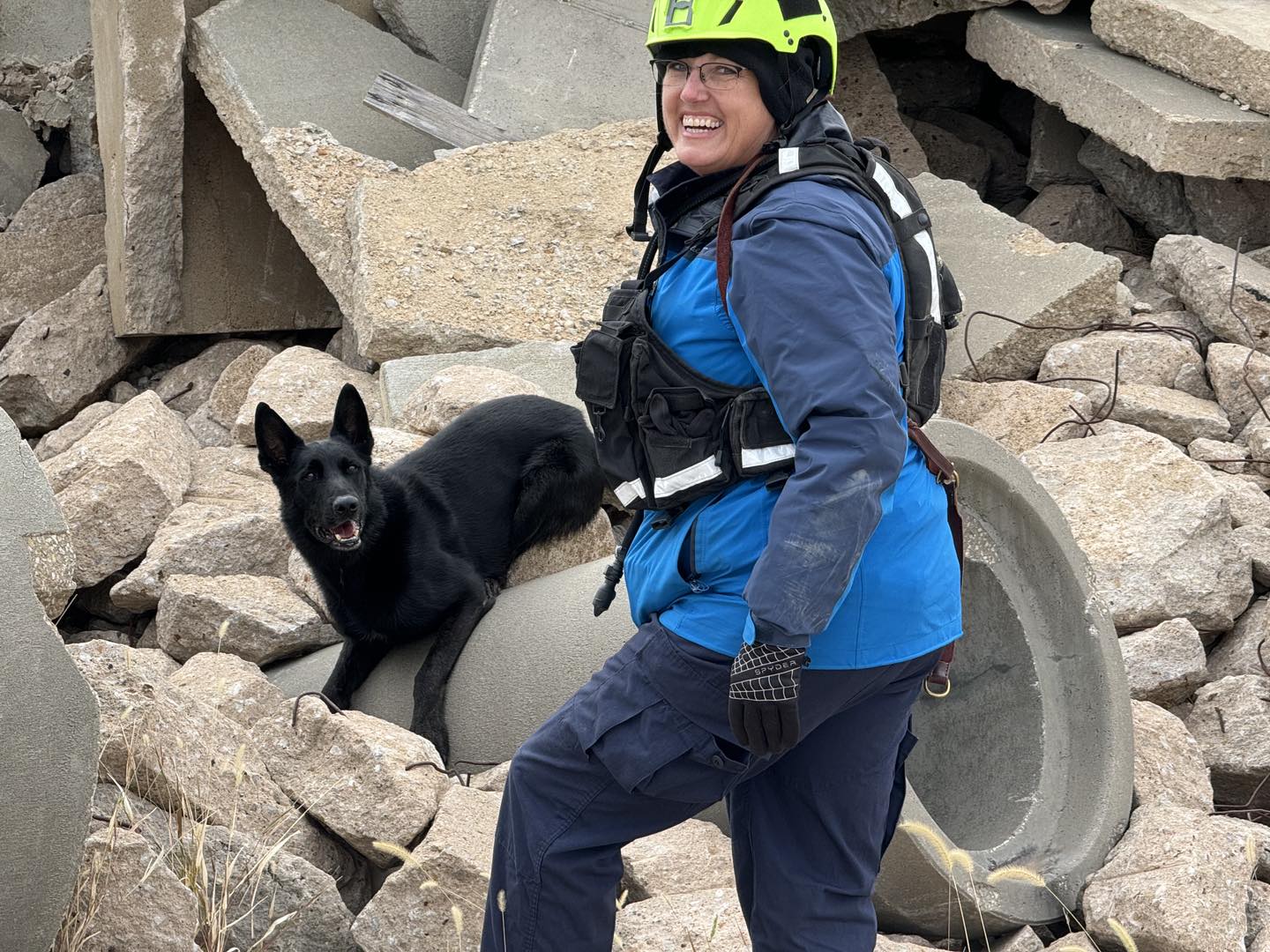
Raising cattle is another time-intensive part of her work. Joe had a herd of seedstock red angus cattle when they married. Now Robin takes care of the genetics and computer work, and Joe handles the outside farm work.
The farm animals don’t stop at cattle and dogs. “I like people,” said Robin, “I like animals a whole lot more.” Joe knew she loved miniature donkeys, and for her birthday one year he bought her two. “Now I have 43,” she laughed. “I love them. But I love them too much, I don’t want to sell them.” She does have a three year wait list for baby donkeys though, whenever she is ready. Miniature donkeys are fantastic for hobby farms, since they are low maintenance, very affectionate, have loads of personality, and can even be taught to do tricks. And, it goes without saying, they are adorable.
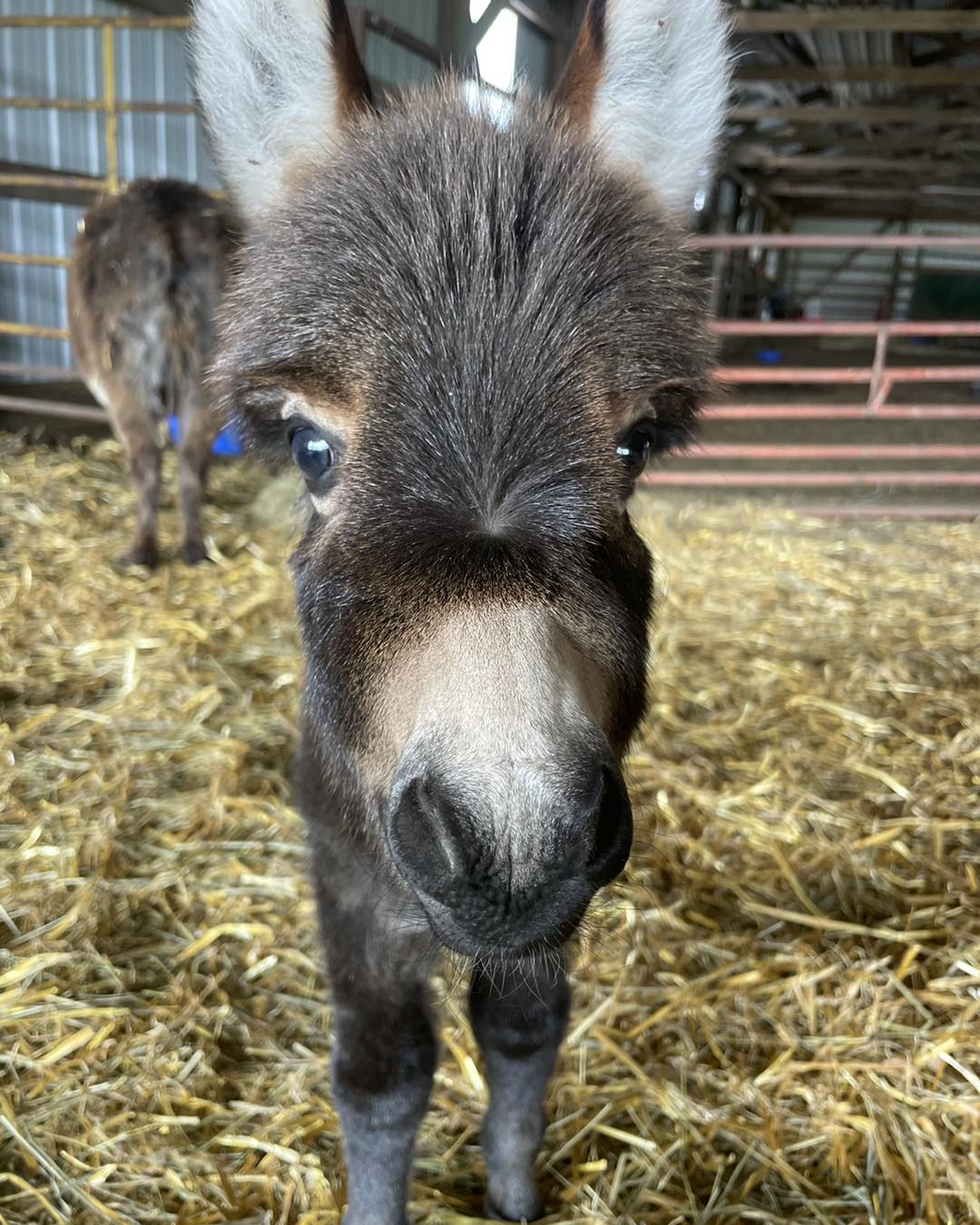
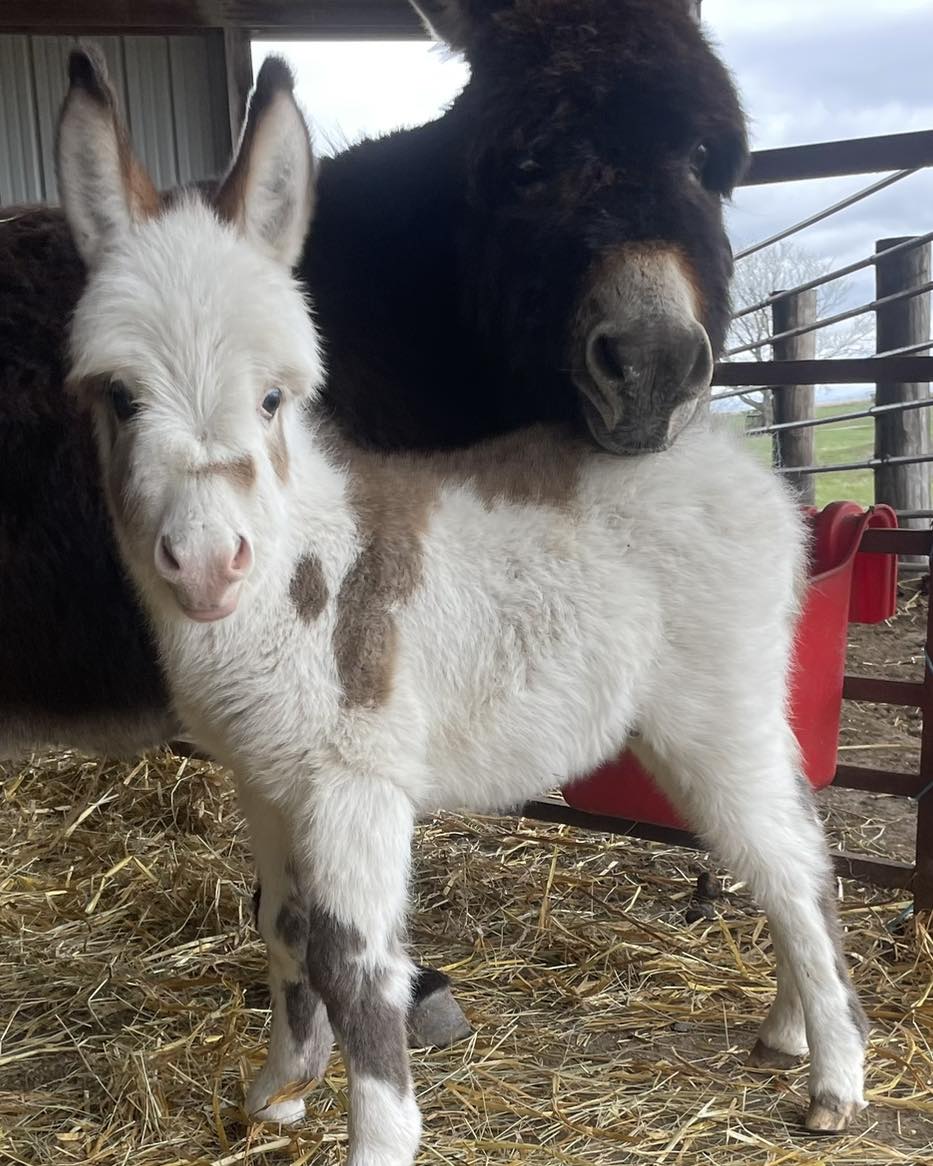
Successful farmers are agile and responsive to frequent changes in the market. “It’s all about diversification,” emphasized Robin. “It’s how can you make things on the farm pay for themselves in more than one way. During COVID I was doing farm tours. The moms needed to get kids out of the house, so they came down here. They’d help me do chicken chores and I’d introduce them to the donkeys, we’d go watch the cows, talk to the cats, say hi to the dogs. It turned into a whole ‘this is where your food comes from’ thing.” Robin also started a freezer beef program when COVID hit and disruption in supply chains caused people to seek beef direct from farms.
Another aspect of successful farming is that nothing goes to waste. As Gabe Brown, a well-known advocate for regenerative agriculture, said in his book Dirt to Soil, “We convert waste into cash by running it through livestock.” Robin follows has a similar mantra, finding multiple uses for her animals and their products. Her Nubian goats provide babies to sell as well as milk for her puppies when it’s needed. When cattle are processed, she brings the bones home for her dogs. Her 90-plus chickens clean up kitchen scraps and produce eggs, and the eggs feed the dogs, the Greubels, and provide an additional income stream.
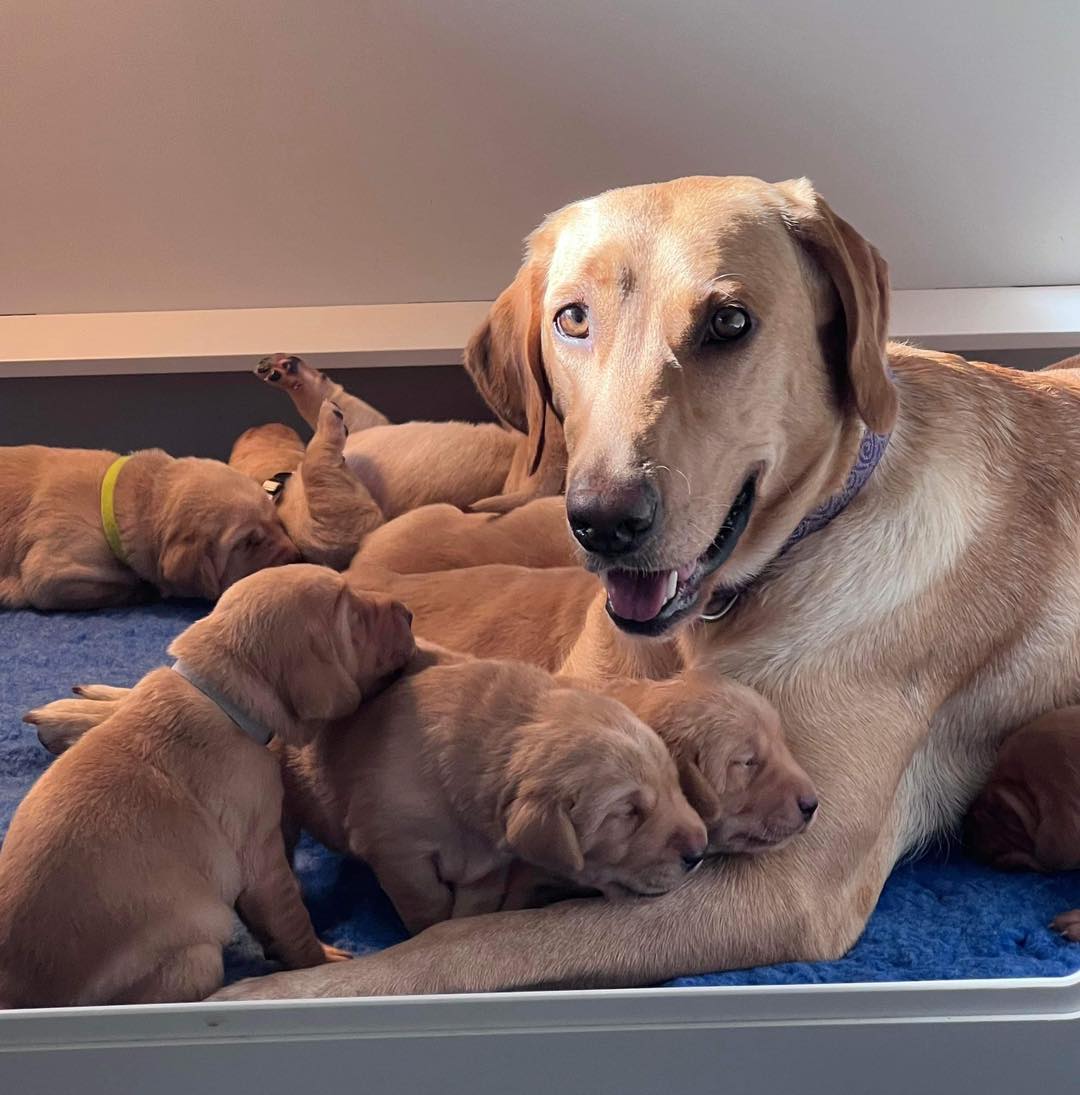
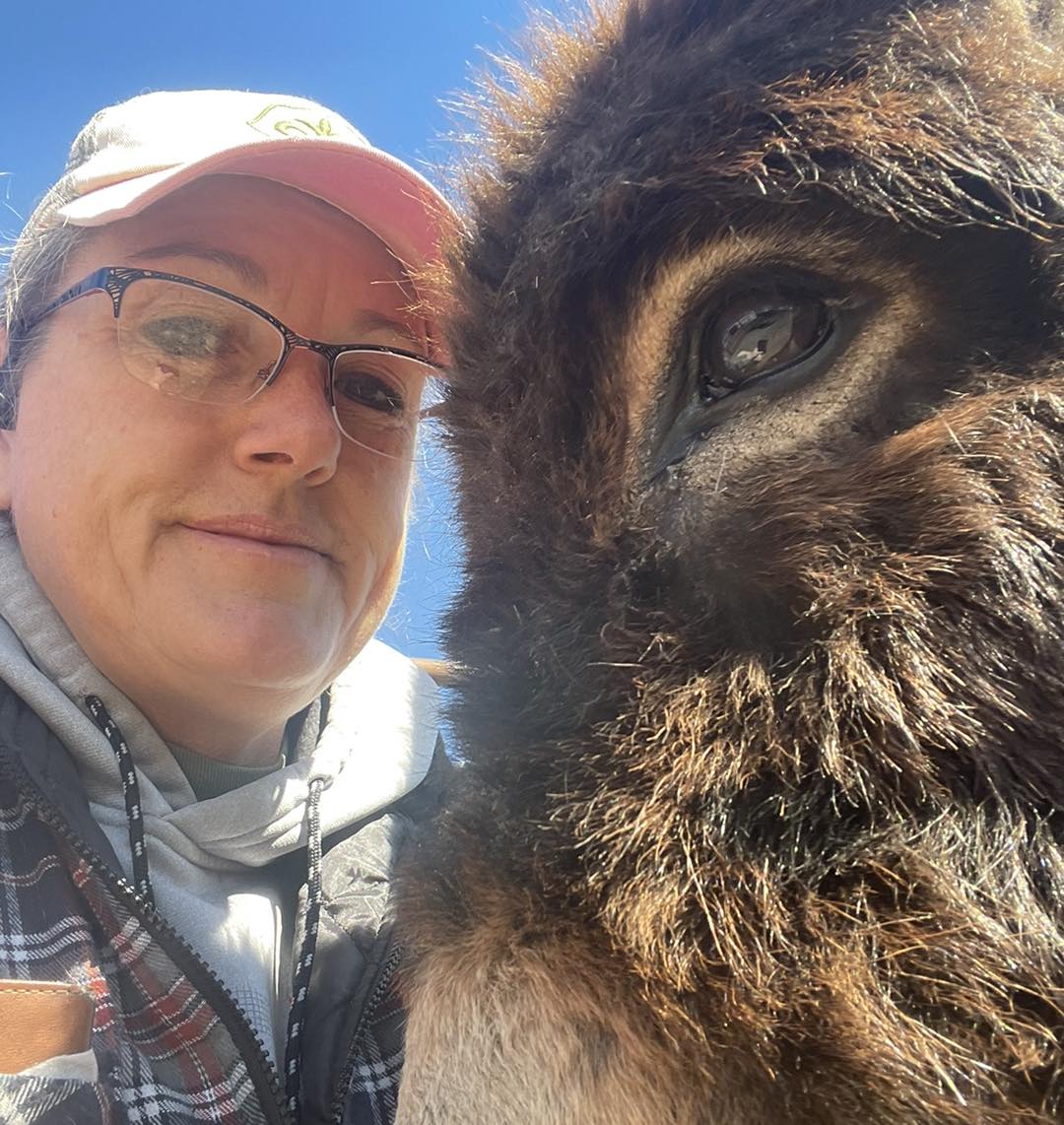
While Robin’s beef is proudly grass finished with no added hormones or antibiotics, she cautions buying according to labels without truly knowing what they mean. At one point in her career, she taught teachers and kids how to read labels, and she explained that labels can have more to do with marketing than truth. “It feeds off of fear,” she warned.
The nuances of labels and marketing are just one small part of the farm lifestyle, which is not for the faint of heart. Raising animals involves tricky births, administering medications, dealing with injuries, and the occasional unexplained death. “You get over the grossness factor really fast,” Robin said. “And our lives in the winter…this past winter when we were having wind chills and it was something like 50 below, I spent 3 1/2 hours in Carharts putting all the donkeys in one building and arranging food and water, and I was also whelping puppies on the same day. It was just entertaining.” It’s not uncommon for the Greubels to work from sunup to sundown to get the farm work done.
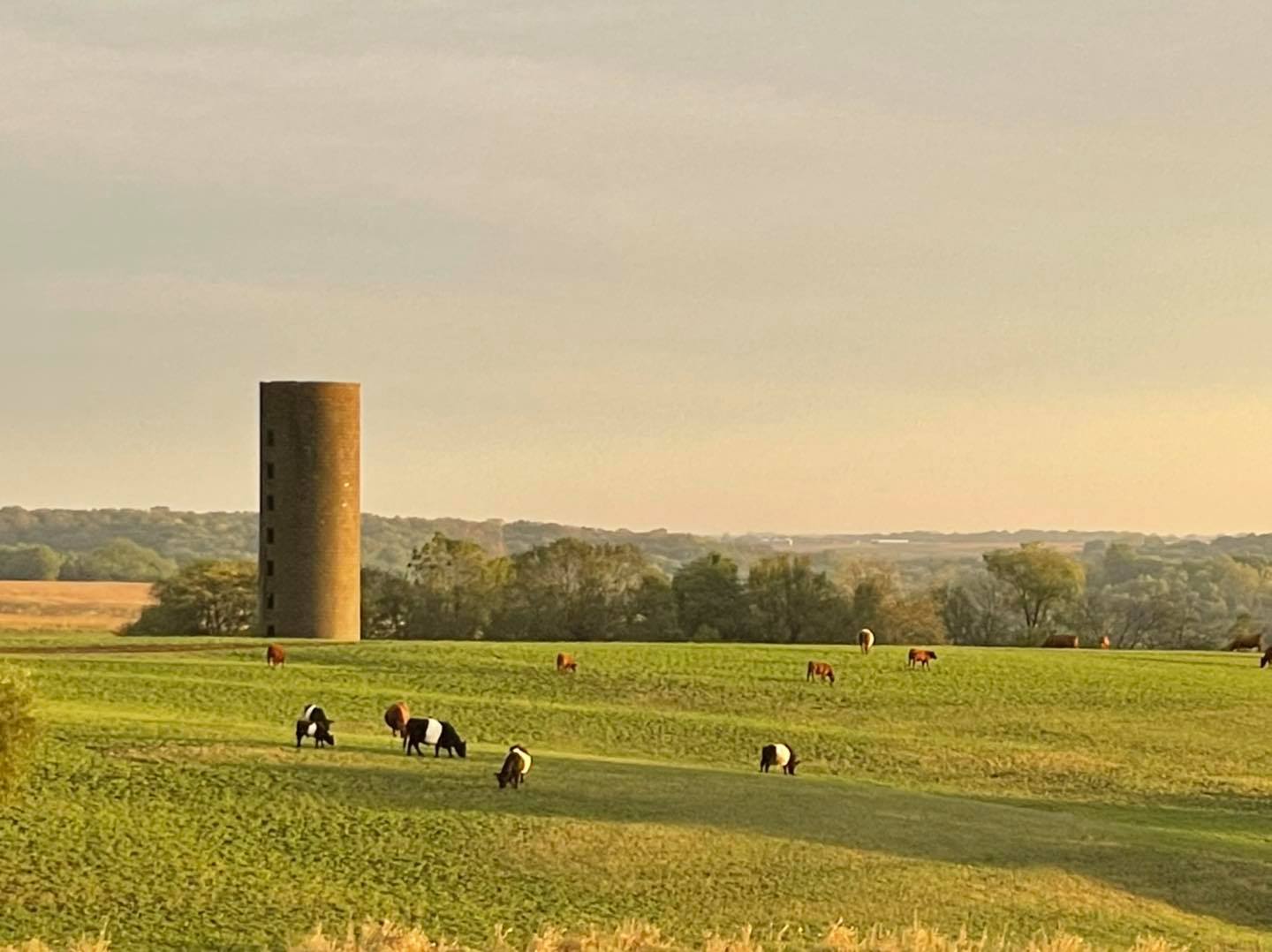
On the other side of the coin, though, Robin reflected on the simple joy and calm that comes from being outside with her animals. “I could have the worst day ever and I go out and do chores and it’s something about the routine of doing chores and making sure that all of the animals are OK. Everybody is happy to see you. Some of my best therapy has happened sitting on a 5-gallon bucket in the middle of the donkey paddock.”
Robin’s story underscores the essence of farming: a constant dance between challenges and rewards, resilience and joy. As she continues to navigate the unpredictable terrain of agriculture, her dedication to sustainability and the well-being of her animals serves as a reminder of the profound connection between farmers, their land, and the communities they feed.
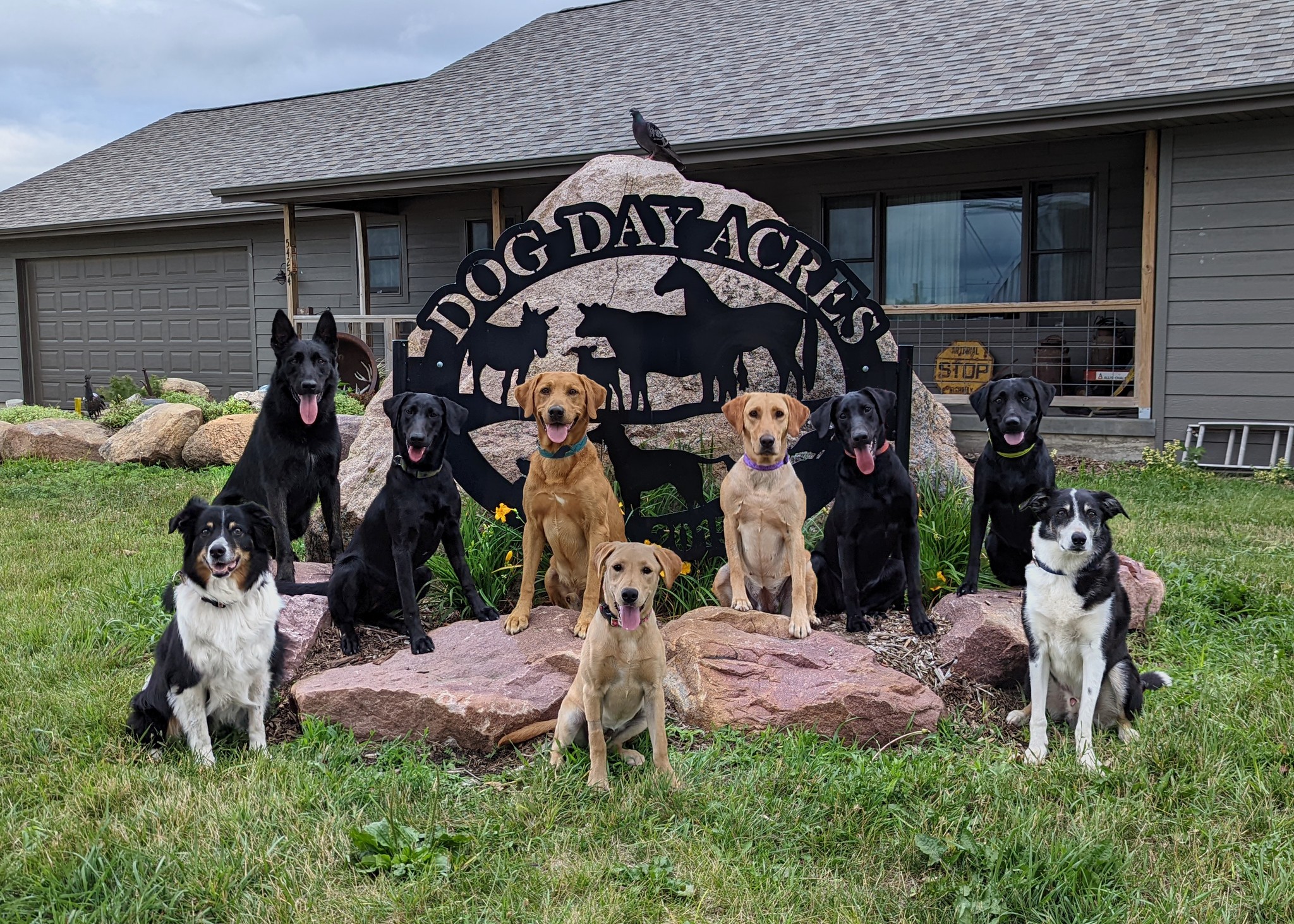
Robin Greubel
“Some of my best therapy has happened sitting on a 5-gallon bucket in the middle of the donkey paddock.”
Photo Credit for featured photo: Cb Wing
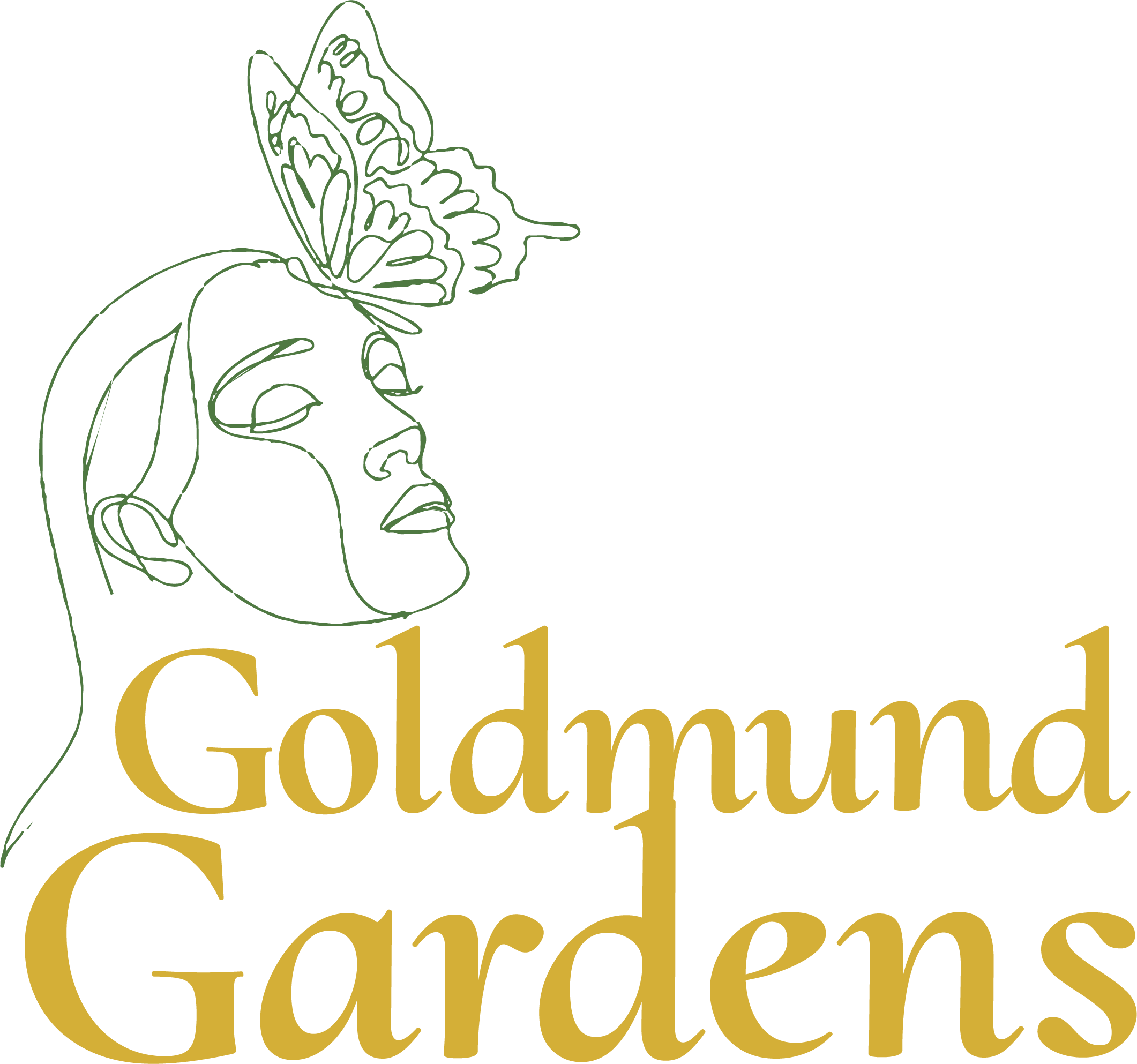
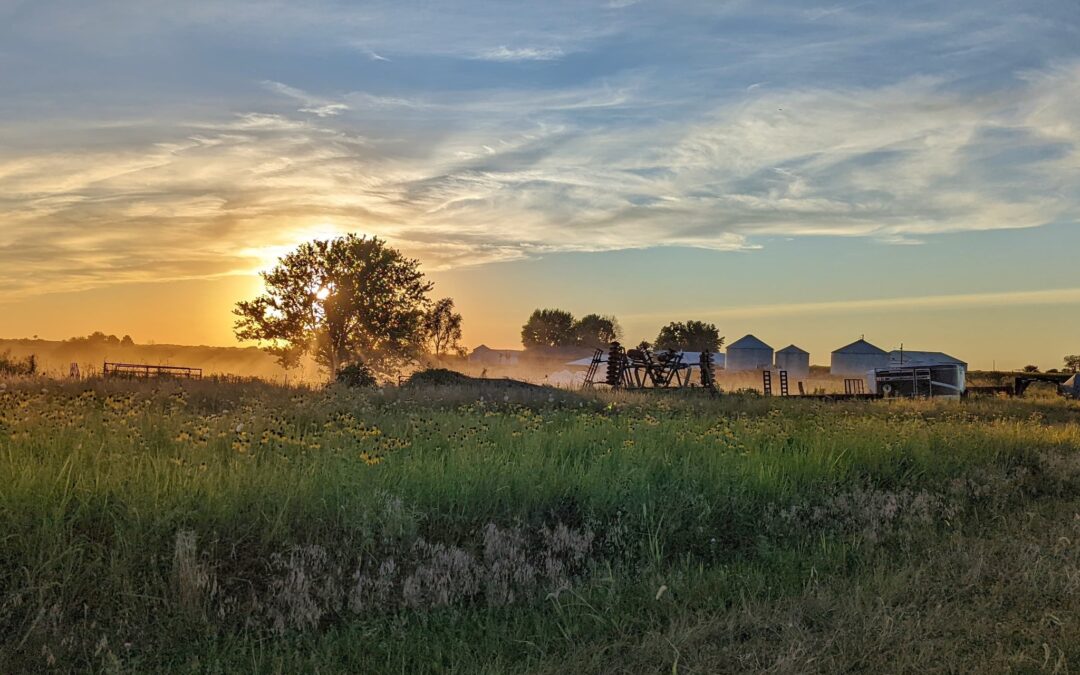
I love this story. I don’t farm, but I’m a gardener and have a beloved Great Dane. What keeps me grounded and brings joy to my life is playing soccer with her, and participating in the cycle of life in my garden. My grandparents were farmers and ranchers, and maybe I would have loved that lifestyle, too. Thanks for another beautifully written story!
Wonderful, thank you so much for your comment! It’s amazing how important these connections with animals and plants are for keeping us happy and healthy. ❤️
We bought our mini donkey one year ago and he is the sweetest little boy – you can tell he was loved and trained by them from birth – great farm and great people
Thanks so much for sharing – I could definitely feel the love Robin has for her animals from chatting with her ❤️